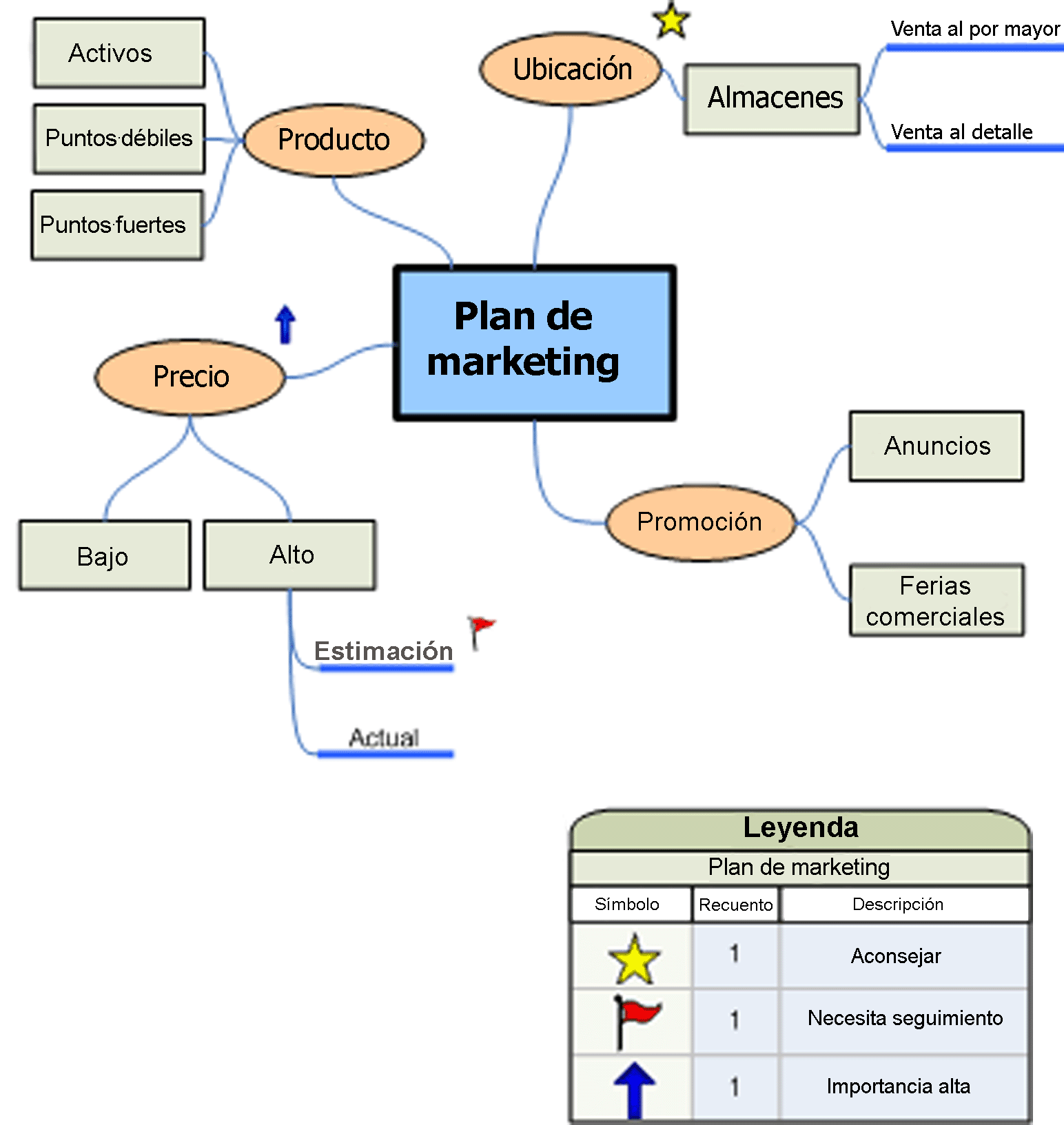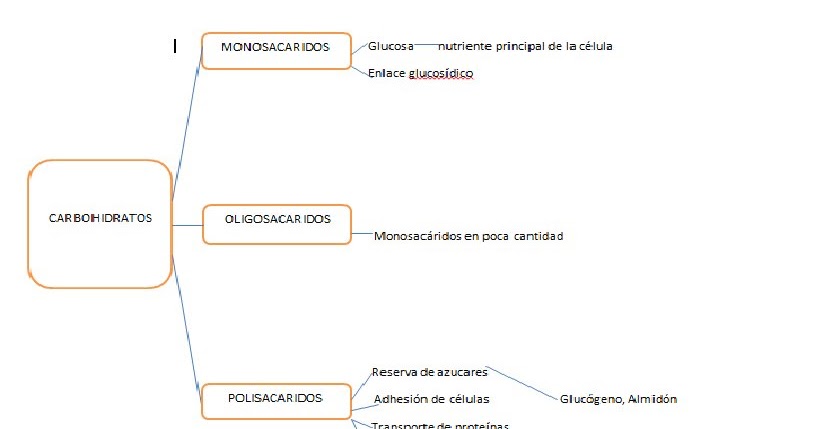
These had been selected as important in themselves and as essential entry-level items, and had been the subject of previous studies into the knowledge of PPTs. Working within an interpretative paradigm (Bassey 1999), we took the methodological design of a survey (Bryman, 2013) for testing trainees’ knowledge of key elements of geometry. The mathematics picked up by the PPTs in their schooling prior to starting university represents a baseline from which their specialised knowledge for teaching needs to be developed during their initial training. This position derives from our view of knowledge as inherent to the profession (Scheiner et al., 2017, p.10), and is consistent with the model Mathematics Teachers’ Specialised Knowledge MTSK, Carrillo, Climent, Montes et al., 2018) which underpins our theoretical analysis.

The theoretical perspective from which we define the subdomains of teacher knowledge is intrinsic to mathematics, such that specialisation is distributed holistically across subdomains, rather than located within a single one. None of the 737 students participating in the study had received any prior training in this area in any of their university courses. This study aims to explore the situation at three Andalusian universities regarding the knowledge of PPTs in the area of metric geometry. In order to be able to design training courses that meet the needs of PPTs, in terms of both subject matter and related pedagogical issues, it is essential to gain an understanding of their current mathematical knowledge.

#HERRAMIENTAS DE DIAGRAMA DE ESQUEMA PROFESSIONAL#
This assertion correlates with our position that the first steps of a teacher’s professional development are taken in their initial training, and hence at university (Carrillo et al., in press). Considering the possible alternative management of specific classroom situations makes this specialised knowledge emerge, which, together with that mobilized by the teacher, generates specialised knowledge useful for guiding the content of the training of primary education teachers.Īs researchers and educators, we believe that if prospective primary teachers (henceforth PPTs) are to get the best from their future pupils, they should, as Hill, Rowan and Ball (2005) and Llinares and Krainer (2006) advocate, have a profound knowledge of the mathematics they ultimately intend to teach. We take opportunities to mean classroom situations that occur as a result of the teacher’s management for which the researcher considers that an alternative management of such situations would be supported by relevant specialised knowledge for the teaching of the given content. We provide this analysis with a complementary perspective that leads us to broaden our focus of attention to other aspects of classroom management, thus identifying the specialised knowledge evoked in the researcher by the opportunities observed in the classroom.


Deepening the specialised knowledge of mathematics teachers is necessary for teaching, and it is one of our concerns as researchers accordingly, in this study we analyze the knowledge that a teacher mobilizes when giving a first lesson on geometry to a class of fifth year of primary education at a Spanish school.


 0 kommentar(er)
0 kommentar(er)
